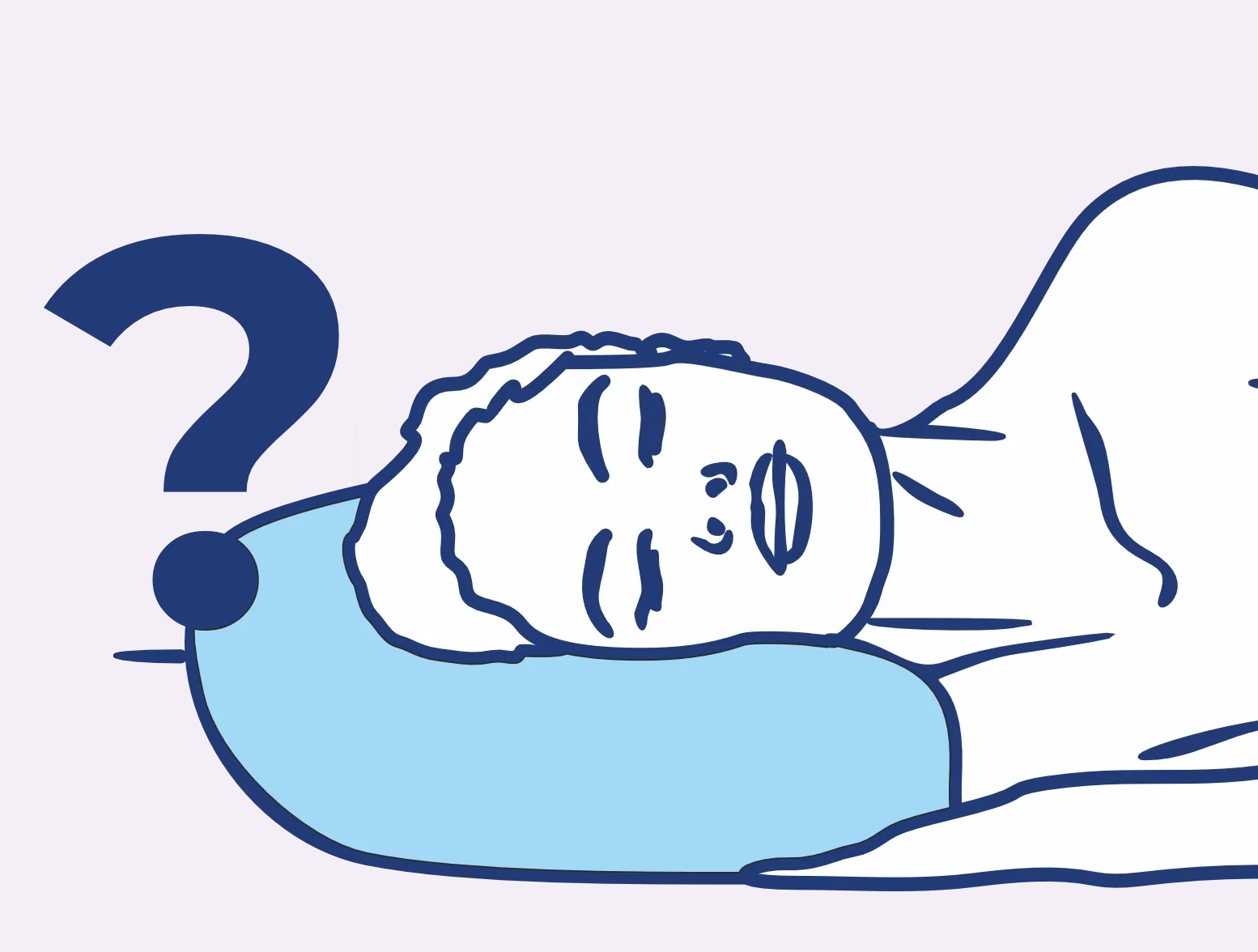To provide services at the highest level, we use cookies. Using the website requires you to choose settings related to their storage on your device. If you want to know what each type of cookie is used for, click the Details button below.
Can an orthopedic pillow be harmful?30 września 2024 |

To ensure an orthopedic pillow is safe and beneficial for your health, you should select a model that meets your specific needs. It is important that the pillow is suited for sleeping on your back and side. Keep in mind that no pillows should be used for stomach sleeping. Additionally, consider your body structure (weight, height, shoulder width) and the firmness of your mattress when choosing a pillow. The pillow must properly support the natural curves of your spine, especially the cervical section.
An orthopedic pillow can be harmful if it is poorly chosen, meaning it does not consider the user?s body structure and preferred sleeping position. A pillow that is too high will cause excessive tension in the neck muscles and block airways, while one that is too low will fail to support the cervical spine. Additionally, inappropriate materials, especially memory foam, can lead to discomfort and improper body alignment during sleep.
A poorly chosen orthopedic pillow can cause headaches, neck and back pain, and sleep disturbances. It can also worsen posture and contribute to other cervical spine issues.
An orthopedic pillow should be properly designed to support the spine and ensure an optimal position for the head, neck, and shoulders during sleep. It should have a truly ergonomic shape that slightly adapts to the natural curvature of the spine while providing solid support. The material is also crucial?a good pillow should be made of high-resilience foam, which provides the right level of support. It must be breathable to prevent overheating of the head during sleep, so it should not be made of memory foam.
A good orthopedic pillow alleviates neck and back pain and helps you achieve proper posture during sleep. It?s these characteristics, not the name alone, that make it orthopedic. To check if a pillow is suitable, see if it properly supports your head and neck without causing muscle tension. The material should be high-quality, flexible, and slightly contouring to the user?s body. High-resilience foam (HR) is best, as it offers the right level of responsiveness.